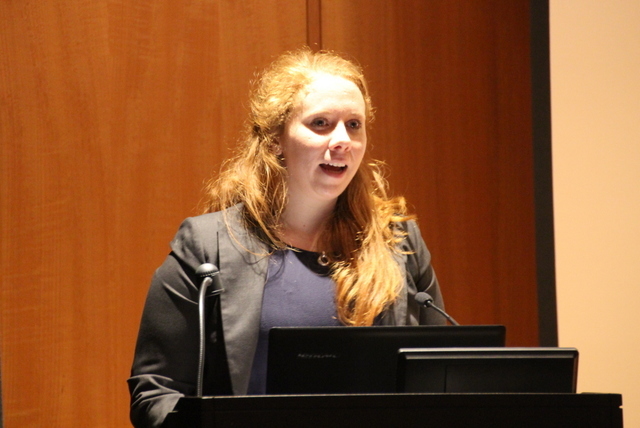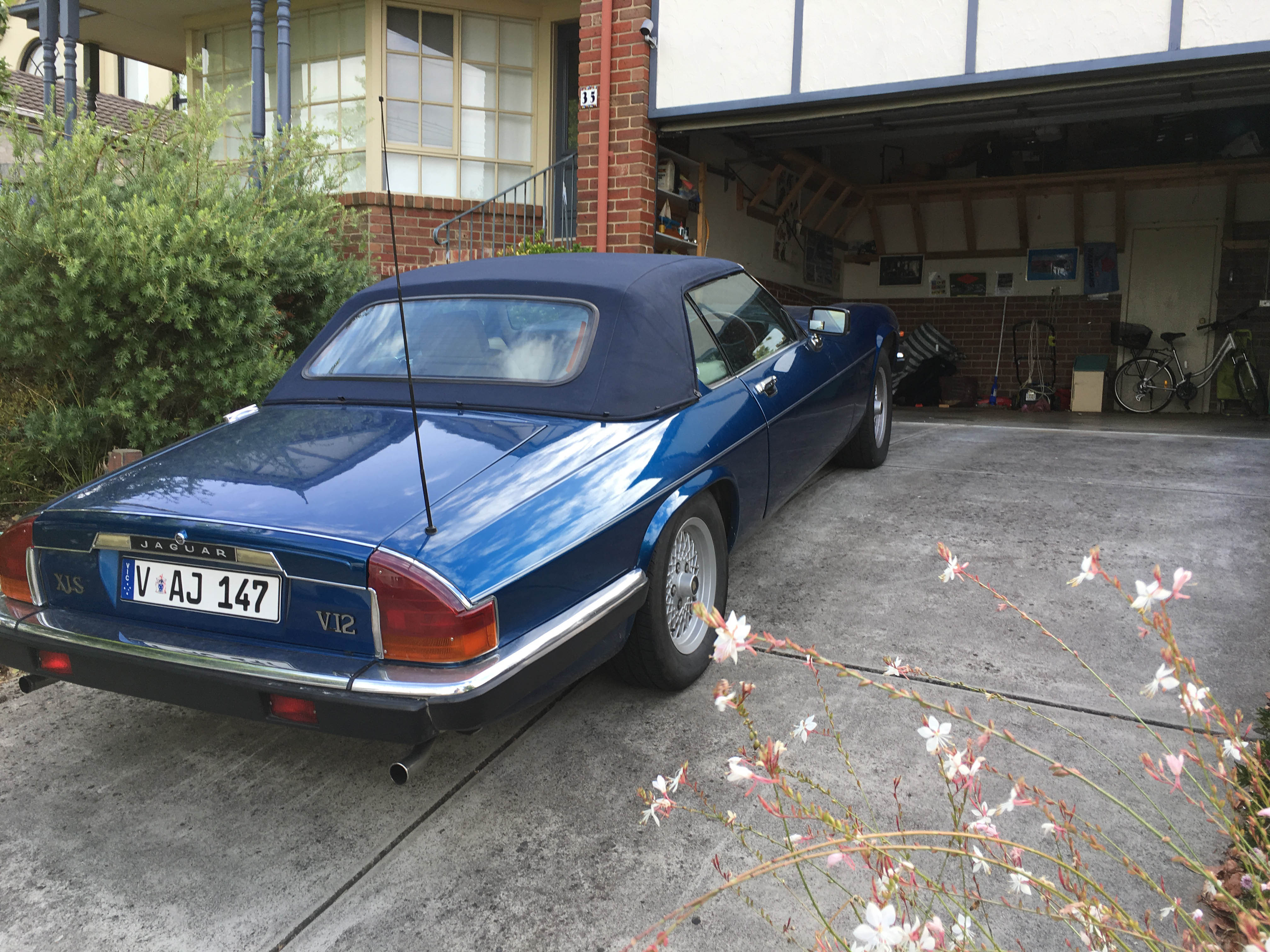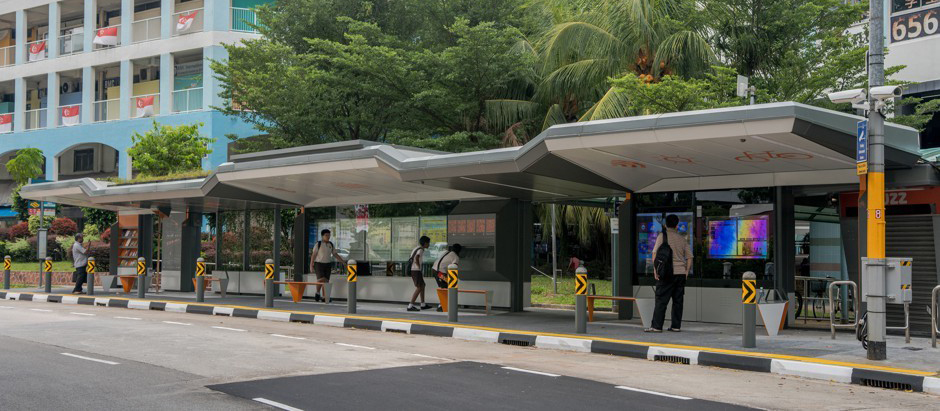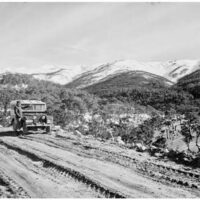Often because of our habits and the most readily available form of transport, we become locked into or dedicated to one particular type of travel mode.
We tend to either drive a car or catch public transport but rarely both and not often incorporating multiple modes such as buses, trains, bikes and taxis in the one trip.
So if I have a new trip to plan and I own a car and I use the car all the time, the only decision I make is what route to take and where to park.
And similarly if I’m used to travelling on railways I tend to think of trains as the way to go. I might not even look for a closer bus route because that is not what I know about or are comfortable to use.
Now we’re moving into an era where we have more readily available information so we can understand the various options that are available which might include one or many modes of transport.
And if we use a bus, a taxi and a rent-a-bike it would be good to be able to pay for the whole trip in one transaction using the one card.
The approach of using multiple modes of transport with one payment, for one trip is now called MaaS – Mobility as a Service. We define the service we want, where we what to go to or from, at what time of day and we learn the options in terms of availability, ease and cost. SO who benefits, the provider, the individual and/or the community.
Dr. Ryan Falconer has a PhD in Sustainability and Technology policy. He is currently the Cities Leader in WA for the Arup consulting group. He has also had recent experience in Canada.
He has just presented a paper at the Australian Institute of Traffic Planning and Management National Conference in Perth titled The Mobility as a Service Value proposition: Evidence from North America.
David Brown caught up with him immediately after his presentation and began by asking if Mobility as a service was really just another name for Uber.






